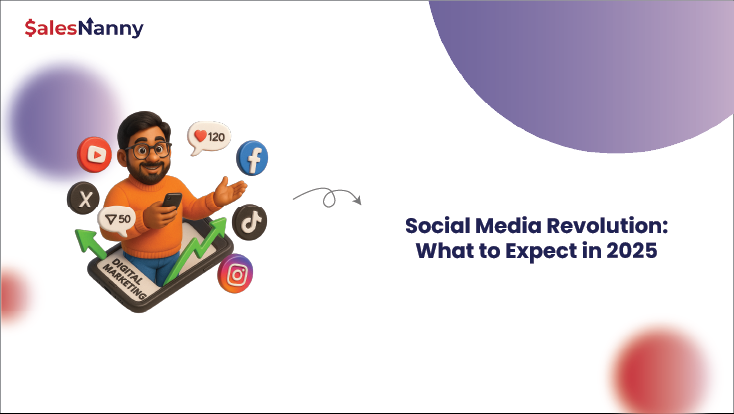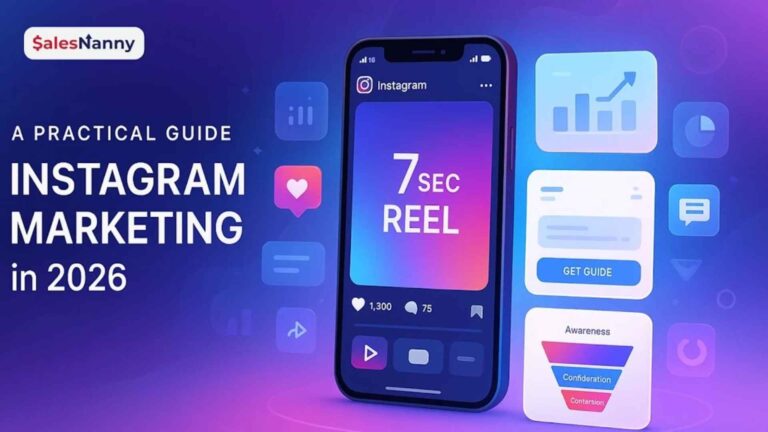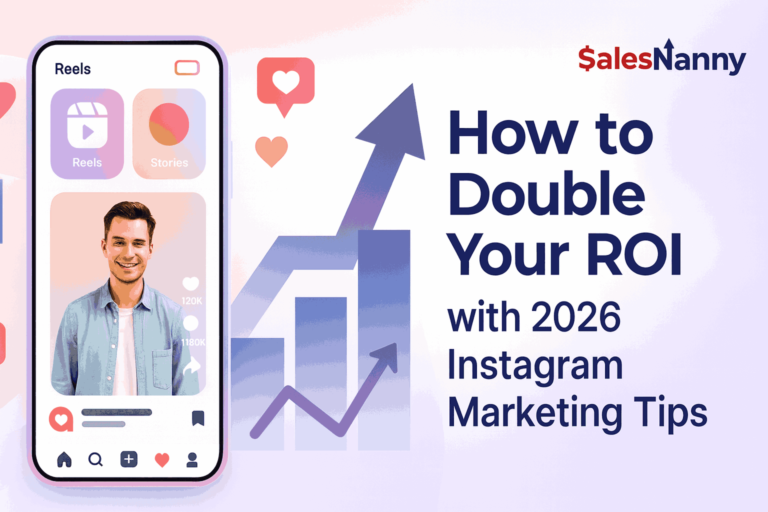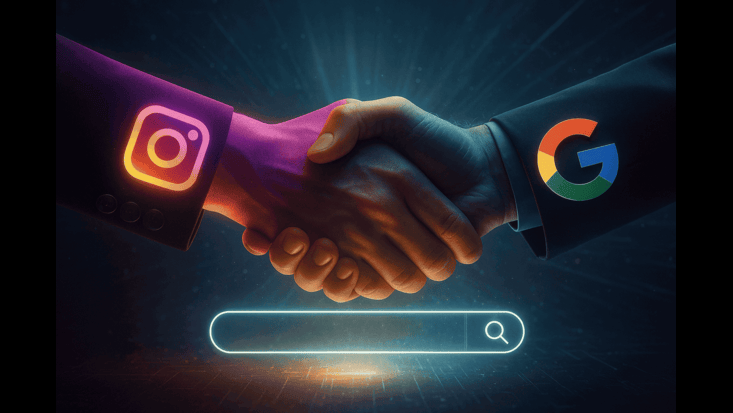Introduction
Social media is changing faster than ever. It has moved from a simple connection tool to a powerful ecosystem influencing media, commerce, and global communication. As we venture into 2025, AI-driven content, augmented reality experiences, and influencer marketing are going to alter the way we use social media. In this blog, we will discuss the main changes in the social media landscape and what businesses and marketers should expect for the future.
Evolution of Social Media
Social media started as very primary forms of communication but evolved into complex spaces for information sharing, content sharing, and brand engagement. The early days were dominated by platforms like Facebook and Twitter, which had introduced features such as live streaming, stories, and marketplaces. Then came Instagram and TikTok, more visually engaging platforms. Each of these new developments pushes social media further into our everyday lives, setting up new innovations such as AI and AR.
What Platforms Make Up Today’s Social Media Landscape?
Today, social media is defined by several major platforms, including:
- Facebook and Instagram (Meta): Known for their social connections, visual storytelling, and marketplace functions.
- Twitter/X: A fast-paced platform for real-time news and discussions.
- LinkedIn: Focused on professional networking and B2B engagement.
- TikTok: Dominating with short-form, viral content, especially among younger audiences.
- YouTube: As the premier platform for video, YouTube offers both long-form content and quick “shorts” to meet varied user preferences.
Along with them, the attention of platforms like BeReal and Clubhouse is drawn because of their very unique features. As time approaches 2025, we expect to see more niche platforms rise, each interestingly serving a specific interest and making the communities closer knit.
The Rise of AI-Driven Content Creation and Personalization
Artificial intelligence reshapes social media through large-scale personalization of content. A lot of user behavior is learned and analyzed for serving highly relevant content, therefore enhancing the general experience through making feeds, recommendations, and ads more engaging. Customization has big benefits for marketers since artificial intelligence enables brands to
- Tailor content to individual preferences, increasing engagement.
- Automate customer interactions, with AI chatbots handling responses and queries.
- Refine targeting for ads, resulting in more cost-effective campaigns.
AI’s role in creating automated yet personal user experiences is expected to expand, making social media more user-centered than ever before.
Growth of Augmented Reality (AR) and Virtual Reality (VR) Experiences
AR and VR are bringing immersive experiences into social media, making the content more engaging and interactive for users. Applications like popular AR filters and VR simulations are already widely developed on platforms.
- Snapchat and Instagram lead with AR filters, allowing users to transform photos and videos.
- Facebook is developing VR spaces where users can socialize in virtual worlds.
- TikTok is experimenting with AR effects to make videos even more engaging.
By 2025, it will be applied from virtual product demos to immersive advertising, adding new dimensions to user engagement.
The Rise of Short-Form and Snackable Video Content
Short-form content has gained immense popularity, with tick-tock and Instagram reels as examples of the huge popularity of short content that is fun to view:
- Highly engaging due to its easily consumable nature.
- Quickly shareable, making it ideal for viral marketing.
- Preferred by younger audiences who favor fast-paced media consumption.
By 2025, short-form content will likely dominate social feeds, pushing brands to focus on creating captivating visuals and concise messaging.
Social Media as a Search Engine
The digital marketing service providers pay attention to our well-known search engines like Google, Bing, Yandex, etc. But now that social media platforms have become hubs for finding information, products, and recommendations, they are increasingly serving as search engines.
- Product discovery is common, with users often searching for products directly on Instagram and Pinterest.
- News updates are frequently accessed on Twitter and Facebook.
- Local businesses are found through searches on Facebook and TikTok.
This will impact SEO and content strategy as marketers will have to optimize content not only for Google but also for social search.
Increased Use of Influencer Marketing and Micro-Influencers
The area of influence marketing continues to grow, with most brands leveraging influencers as their foundation for approaching highly engaged audiences. Micro-influencers provide a more real touch in the sense that they have smaller followings with higher engagement. Through 2025:
- Micro-influencers will be increasingly preferred for niche targeting and greater audience trust.
- Influencer partnerships will become more strategic, with brands focusing on long-term collaborations over one-off posts.
This approach allows brands to engage with communities that are highly relevant to their products, fostering trust and credibility.
Conclusion
The social media landscape of 2025 will be characteristic of AI-driven personalization, immersive AR and VR experiences, dominance of short-term content, and evolution as search engines. Brands will need to keep up with these transformations that may help them effectively reach their audiences. The trend will further assist businesses in making transitions and growing in the ever-changing digital landscape.
As the world of social media continues to evolve, remaining on top will necessitate strategy, flexibility, and a fine eye on upcoming trends. Consider getting a consultation call with a professional social media consultant who can benefit from these changes and really make the most of social media in 2025.








Leave a Comment
Surya Prakash
Hi, I’m Surya Prakash — a digital marketing strategist. I help startups and digital-first brands grow online using a mix of SEO, AEO, content marketing, and brand storytelling. You can follow my blog insights here, where I break down complex marketing topics into simple, useful ideas.
Comments
No comments yet. Be the first to comment!